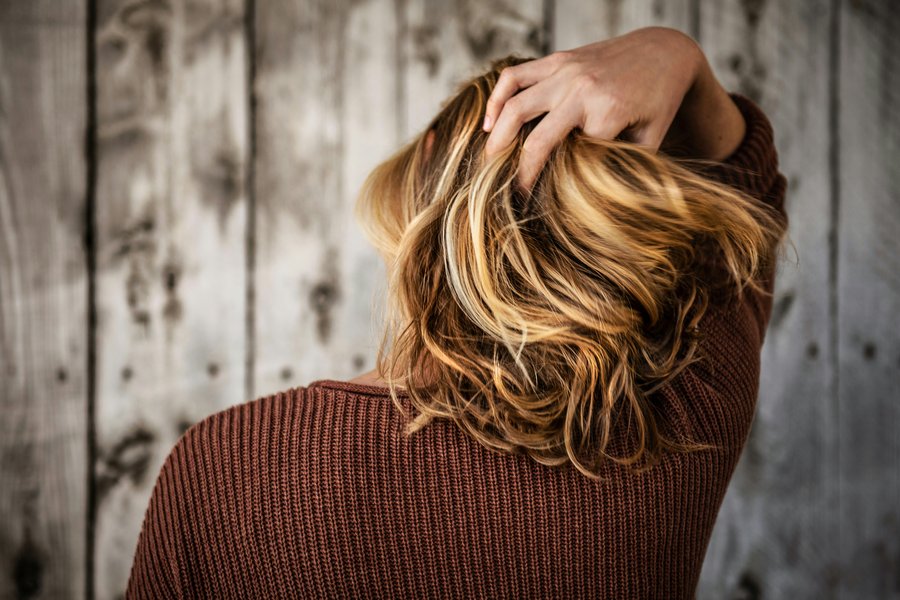What is hair thickness?
Hair thickness is an important characteristic that has not only aesthetic but also functional effects on human health and well-being. Hair thickness describes the diameter of a single hair and can vary greatly both between and within individuals.
In general, hair thickness can be influenced by a variety of factors. Genetic predisposition, environmental conditions and general health are important determinants. For example, genetic differences between individuals can lead to considerable variations in hair thickness. Hormonal changes, ageing and dietary habits also play a role in determining hair thickness.
Compared to other hair characteristics, such as hair color or hair texture, hair thickness is particularly important for the stability and strength of the hair. Thicker hair tends to be more resistant to breakage and damage. This is particularly important when assessing hair loss or damage, as changes in hair thickness can often be an early sign of underlying health problems or environmental stresses.
Changes in hair thickness can also affect cosmetic perception. Thicker hair is often perceived as healthy and strong, while thinner hair can be seen as less healthy. This perception can be influenced by cosmetic products and treatments that aim to improve hair thickness or increase hair volume.
In scientific research, hair thickness is often studied to understand relationships between genetic factors and phenotypic traits. Studies have shown that certain genetic variants are associated with hair thickness and can therefore influence individual variation in hair thickness. These findings contribute to the development of new approaches for the treatment of hair disorders and the improvement of hair care products.
Physiological factors
Hair thickness can be influenced by a variety of physiological factors, both internal and external. One of the most important physiological factors is the health of the hair follicles, which regulate hair growth. A healthy scalp promotes strong hair, as the follicles are supplied with sufficient nutrients and have a stable environment. Chronic health problems such as thyroid disease or malnutrition, on the other hand, can lead to a reduction in hair thickness. Inadequate blood circulation or hormonal imbalances can also impair the supply of nutrients to the hair follicles and lead to thinning hair.

Good to know
The average hair thickness of dark-haired people is often greater than that of blondes. These differences can be up to 40% and contribute to the diversity of hair textures.
Care and environmental factors
Care and environmental factors play an important role in influencing hair thickness. Frequent styling, chemical treatments such as coloring or perming and the use of heat styling appliances can negatively influence hair thickness by damaging the hair structure and leading to a loss of volume. Environmental factors such as UV radiation, air pollution and extreme weather conditions can also affect hair thickness. UV rays can thin the hair by damaging the outer protective layer of the hair, the cuticle. Exposure to harmful environmental substances can also stress the hair and reduce its thickness. Regular care, protection and avoiding harsh treatments can help maintain hair thickness and keep hair healthy.
![[Report Bild]](/static/reportImages/haardicke.jpg)